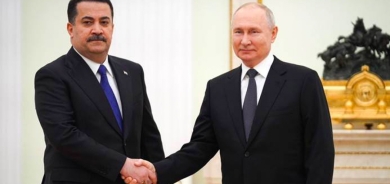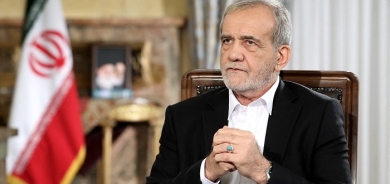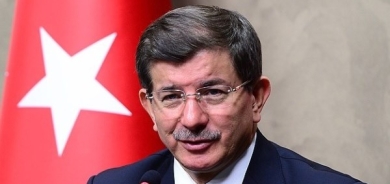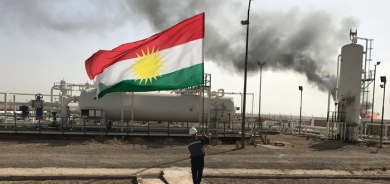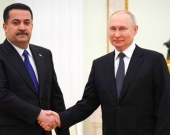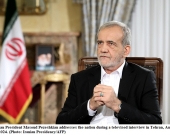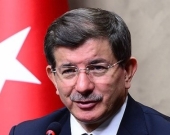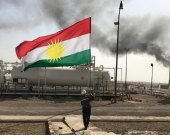Iranian Border Guards Fatally Shoot Kolbar Near Kurdistan Region Border

In the rugged terrain of Sawlawa, situated near the border with the Kurdistan Region, Iranian border guards tragically ended the life of a 35-year-old kolbar on Wednesday. Saiwan Dastafkan, hailing from Marivan, met his untimely demise when Iranian border forces indiscriminately opened fire on the group of porters he was a part of within the Tata mountain range. The Hengaw Organization for Human Rights reported that the guards, without any prior warning, unleashed their gunfire from close quarters, resulting in Dastafkan's fatal injury.
Following the incident, protestors gathered in front of Marivan's Bu Ali hospital on Wednesday evening, demanding the return of Dastafkan's body to his grieving family. The body was eventually handed over, paving the way for Dastafkan's final rites, which took place on Thursday morning. His passing leaves behind a wife and child, now left to navigate the void created by his absence.
Kolbars, known as semi-legal porters, traverse the border regions, transporting goods untaxed across the Kurdistan Region-Iran border and sometimes extending to the Iran-Turkey border. However, they remain incessantly targeted by Iranian border authorities and are all too often the victims of both human-caused and natural calamities.
The allure of economic opportunity amidst pervasive poverty and a dearth of viable alternatives often compels individuals to join the ranks of kolbars, particularly prevalent in Iran's marginalized Kurdish provinces.
According to the Paris-based Kurdistan Human Rights Network's annual report on human rights violations in Iran for the year 2023, a distressing total of 29 kolbars met their demise, with at least 19 falling victim to fatal encounters with Iranian border guards. Hengaw, on the other hand, estimated even graver figures, suggesting that 33 kolbars lost their lives in direct confrontations with Iranian forces, with an additional 176 sustaining injuries, and at least 35 succumbing to accidents over the course of 2023.
The recurring tragedies underscore the perilous circumstances faced by kolbars as they navigate the borderlands, highlighting the urgent need for measures to address both the socio-economic vulnerabilities driving individuals into this perilous occupation and the excessive use of force by border authorities.

